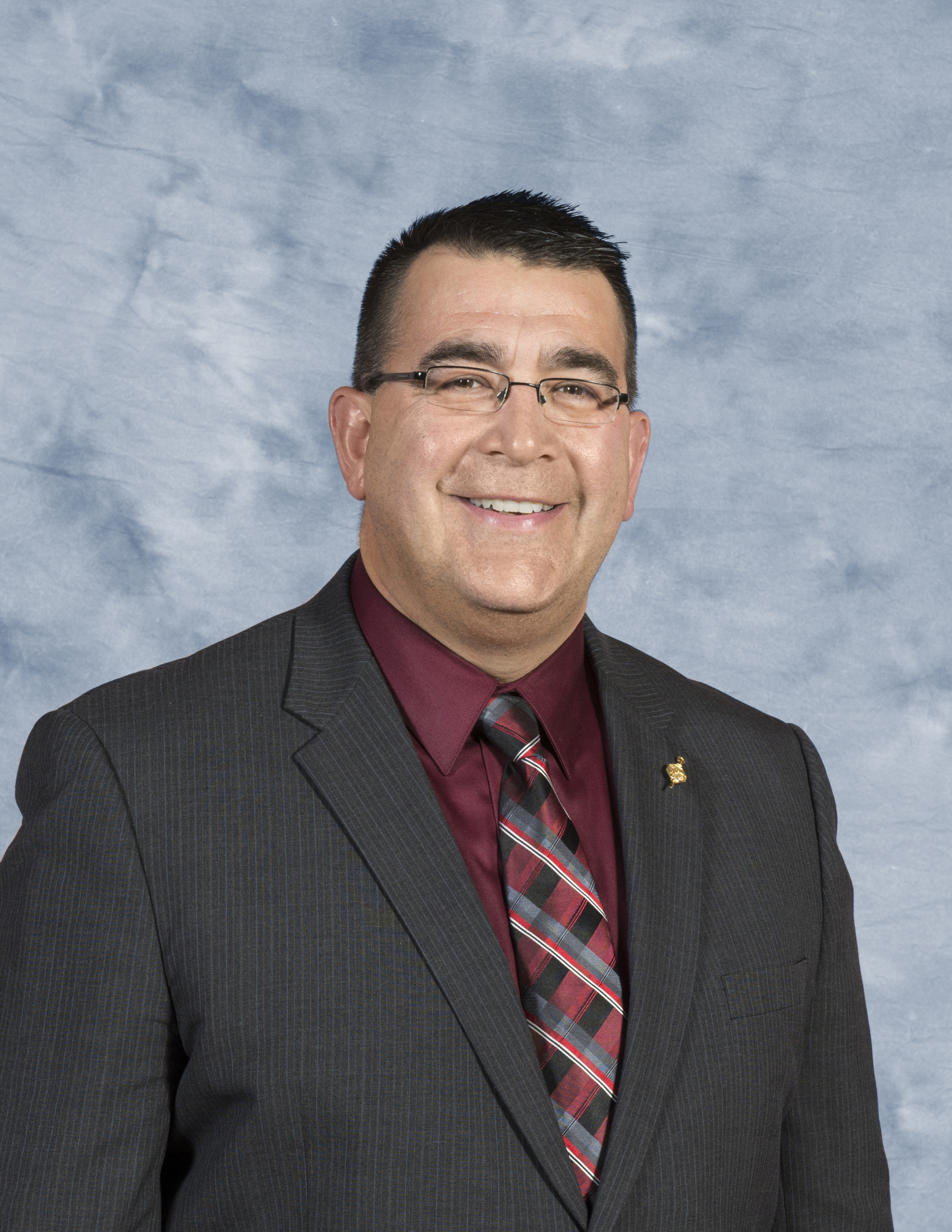Sign up for The Media Today, CJR’s daily newsletter.
Presidential debates can be tedious, hard to follow, and kind of useless a year ahead of Election Day. Moderators have limited time. Candidates, eager to stand out in the crowd—tonight on CNN, twelve Democrats will be on stage—are incentivized to grandstand. After every debate, journalists complain about the format and the performances. What would make the debates better? Scott Wunn, executive director of the National Speech and Debate Association, has some advice.
Wunn’s organization, a governing body comprised of thousands of middle and high school debaters and their coaches, is the largest such group in the United States. With help from coaches and other debate associations, it’s responsible for choosing the topics that kids debate in competitions. Wunn says that political debates differ from academic debates in a few key ways. For one, what we will see tonight can hardly be considered a debate at all. “It’s not like an academic debate where you know that you are hearing about a specific topic for thirty-five minutes,” he explains. The CNN-New York Times debate will be more about giving candidates equal airtime to articulate their positions. “The moderator has so much power,” he says.
In academic debate, there are two formats similar to what voters see on television. First is policy debate, which asks students to explain how they would implement a plan, by using specific arguments and facts (i.e. “How would you fund universal healthcare?”) Second is public forum debate, in which moderators pick subjects ripped from the headlines—it’s the Law & Order: Special Victims Unit of the debate world—and ask participants to debate the merits of ideas in the news, on moral and philosophical grounds (i.e. “Is universal healthcare good?”).
The problem with presidential debates, Wunn says, is that candidates are not there to offer voters clarity about specific policy implementation. “A candidate is trying to create action post-debate,” he explains. There’s little time for much else than trying to get voters to check out your website or to inspire further coverage. “They want to do something that causes the news to talk about them,” Wunn says of the candidates.
Moderators, meanwhile, spend time trying to keep candidates on topic. “In the moments when debates have been able to get specific examples of how someone will pay for universal healthcare—and how they won’t—that’s been effective,” Wunn says. “But when they have devolved from what is the proposed discussion from the moderator to something else, then it hurts the ability of the debate to create more clarity.”
I asked Wunn what the journalists tasked with moderating these debates have to learn from competitive teenaged debators—experts in research—and the judges who determine their fates. His answer: prep. “Watch other speeches and debates by the people that will be doing the debate—it’s like scouting,” Wunn says. Every candidate has his or her own style. “Warren was a high school and college debater. There are certain things, over the years of being a debater, that Warren might do. There’s also stump speeches.”
As a moderator, Wunn advises, it’s useful to know which questions a participant is likely to show-off on, and be ready to drive people past their prepared answers. “Is it climate? Healthcare? Immigration? You as a moderator will know when you get to this issue, this person is going to believe they are the expert,” he says. “The goal is to seek out the truth,” he explains, to push candidates on answering actual questions that reveal their differences. The best debaters will go beyond rehearsed statements.
Still, he adds, “Good moderators are people who can get really comfortable understanding that you cannot control the way a debate is going to go. Remember that the camera is barely on you. Just like the referees in the NCAA finals, you’re not the story.” And: “Just like in academic debate, your job is to get the best out of those people on the stage.”
It’s a shame, in a way, Wunn observes, that the hosts of presidential debates are almost always TV reporters, though tonight Erin Burnett and Anderson Cooper will be joined by Marc Lacey, the national editor at the Times. “If you represent print media, after the debate happens, what is going to occur in your world is different than in front of cameras,” he explains. “I think a mix is better. Having the personalities that draw people to debates but using people that have different perspectives about the purpose of the debate and how the debate will be utilized by the electorate.”
Perhaps the best preparation for both reporters and candidates, Wunn says, is the most obvious: turn to experts for help. He and his colleagues offer training for academic debate judges and coaches. He invites pros, too. “I would recommend every moderator and candidate consider reaching out to our association for what we might be able to do to help them in that process,” he says.
ICYMI: CNN’s LGBTQ town hall highlights benefits and pitfalls of the format
Has America ever needed a media defender more than now? Help us by joining CJR today.



